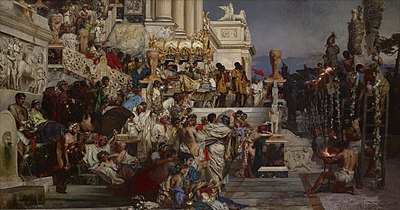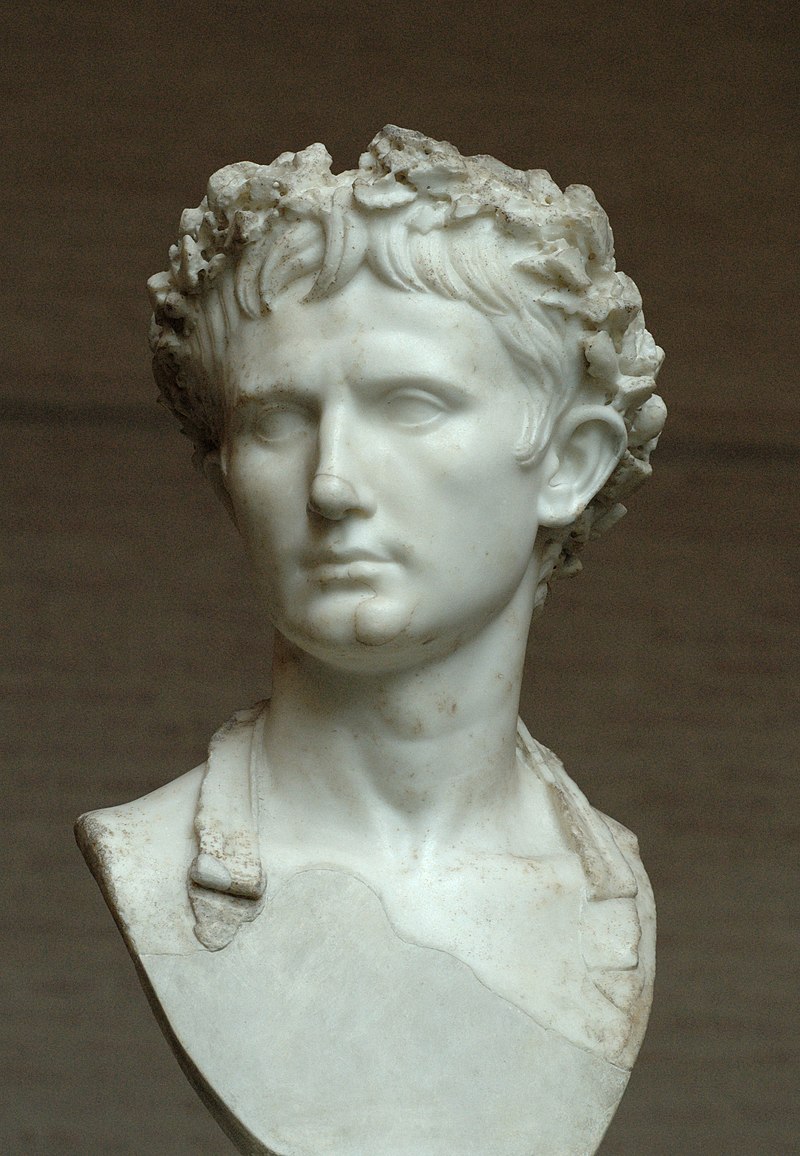In 111A.D. the governor Pliny of Asia minor wrote to emperor Trajan with questions regarding the Christians. He wrote wondering weather to seek the Christians out, weather to punish those who denied they were Christians, and overall just what to do with them. The emperor Trajan responded that Pliny had been right not to seek the Christians out and that they should not do that. But if a Christian was denounced to them and they did not renounce their faith, that they should be executed. In the years that followed this remained mostly true they were not actively sought out but if someone turned them in they would be executed. But under some emperors such as Nero and Domitian more aggressive tactics were taken. If a Christian was found out Nero might have them lit on fire to act as a torch, or they might dress up in animal skins for Nero’s men to hunt. But by far the greatest persecution the Christians experienced was under the emperor Diocletian. This lasted from 303 – 305A.D. This systematic persecution of Christians was different in that the Roman officials went out seeking the Christians instead of waiting for them to be turned in. Oftentimes people would be ordered to pledge allegiance to the Roman gods and if the Christians refused they were killed.

But under the emperor Constantine (who ruled from 306 – 337) the edict of Milan was established which meant that the Christian persecutions had finally ended. Throughout his reign he did other things to show his Christian sympathies. He banned crucifixion and gladiatorial games. He also made lives better for slaves and women. At the end of his life he was baptized, which was not an uncommon thing to do in those days so that all your sins would be washed away before you could commit anymore great sins. After his death Christianity would continue to grow and spread becoming the dominant religion in the Roman empire.


